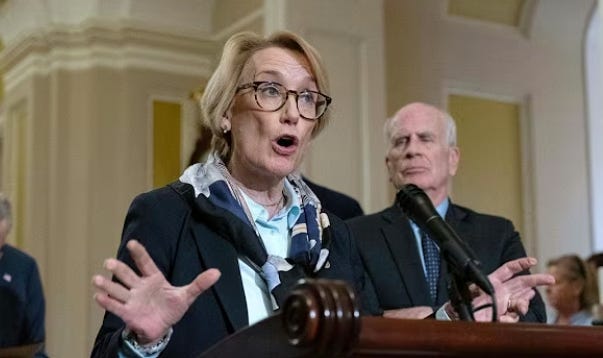A late-night action by former President Trump has ignited a new wave of discussion surrounding the 2020 election. Pardons were issued to a sweeping list of individuals, including prominent figures from his administration and those involved in the controversial submission of alternate electoral votes.
The pardons encompass former attorneys Rudy Giuliani and John Eastman, trusted advisors Mark Meadows and Boris Epshteyn, and a substantial number of individuals who served as alternate electors in key battleground states – Georgia, Arizona, Michigan, Nevada, and Wisconsin. These electors had pledged their support to Trump contingent upon challenges to the official election results.
While the gesture carries significant symbolic weight, it’s important to note that none of those pardoned had faced federal charges related to their actions. The timing and official documentation surrounding the pardons remain somewhat unclear, with reports indicating the document itself is undated.

The act of submitting alternate electoral votes is not without historical precedent. Disputed elections in 1876 and 1960 saw similar, though ultimately recognized, slates of electors presented. In 1876, a deeply contested election led to a bipartisan commission and the eventual awarding of votes to Hayes, while in 1960, a conditional slate was submitted in Hawaii pending a recount.
However, the 2020 situation differed significantly. The alternate certificates submitted by Trump allies lacked certification from state authorities and were widely viewed as lacking legal standing. Investigations have characterized these actions as a potential scheme to undermine the election results, rather than a legitimate dispute.
The list of those pardoned reads as a who’s who of individuals deeply involved in contesting the 2020 election. Names like Christina Bobb, Jeffrey Clark, and dozens of lesser-known individuals who signed the alternate elector documents are included, representing a broad effort to challenge the outcome.

The pardons represent a final act of support from a former president to those who stood by him during a period of intense political turmoil. It’s a move certain to fuel ongoing debate and scrutiny surrounding the events of the 2020 election and its aftermath.
The full extent of the pardons’ impact remains to be seen, but they undeniably offer a measure of closure – and perhaps a degree of vindication – to those who believed they were acting in defense of the democratic process, however controversial their methods may have been.





